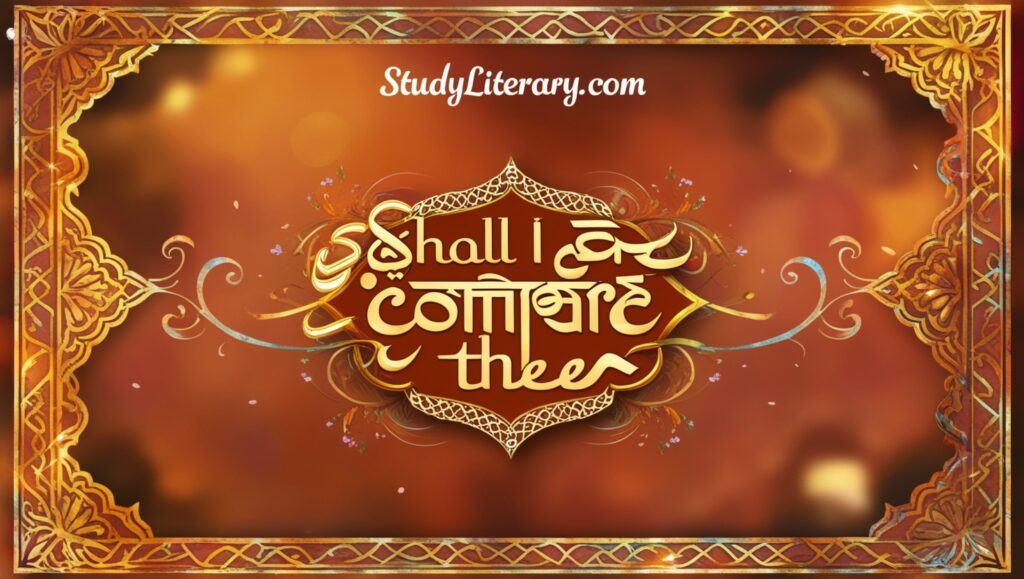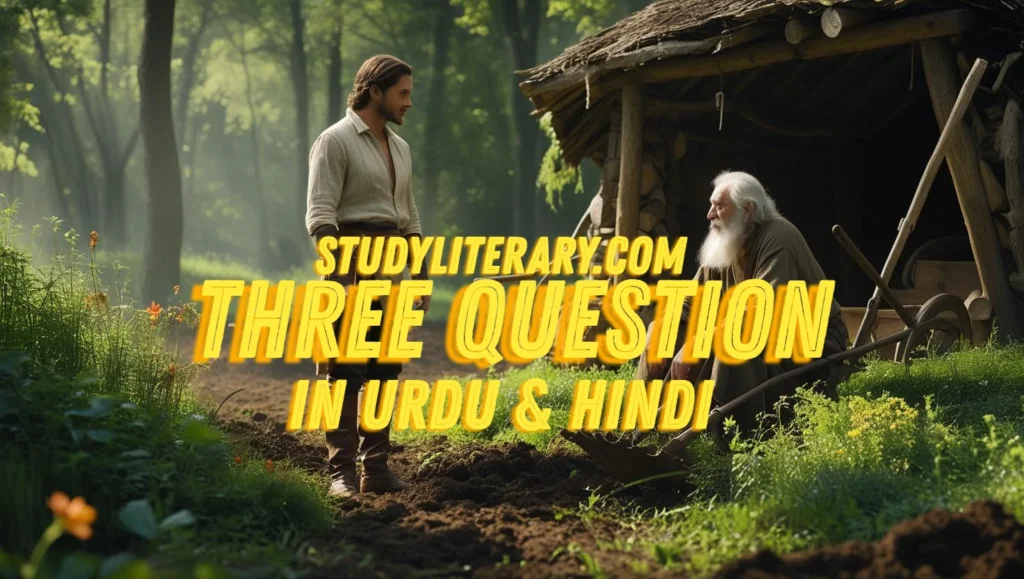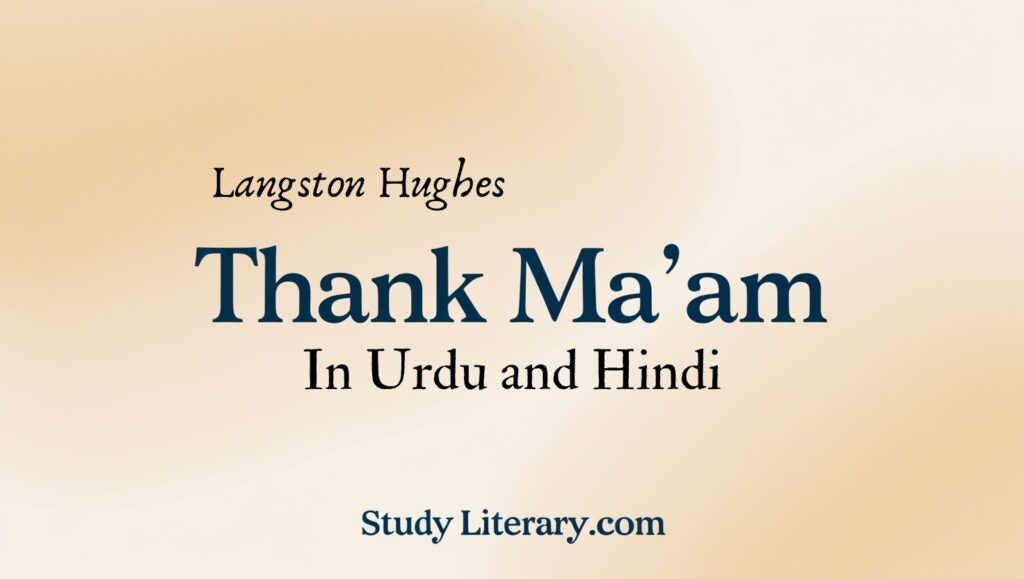Shall I Compare Thee in Urdu/Hindi: Here is the 1st Brilliant Ultimate Guide | Class 12 (WBCHSE)

“Shall I Compare Thee in Urdu/Hindi” focuses on the rich and evocative interpretation of natural themes in these two languages. This concept explores how the beauty and essence of nature are captured and expressed through poetic verses, offering a unique perspective that blends cultural nuances and linguistic beauty. By delving into Shall I Compare Thee in Urdu/Hindi, one can appreciate the profound connection between nature and human emotions, conveyed through the melodic and expressive qualities of these languages.
Table of Contents
About The Author
William Shakespeare (1564-1616) was a famous English poet and dramatist the sixteenth century. He wrote sonnets, tragedies, comedies and historical plays. Some of his noted works are Macbeth, Midsummer Night’s Dream, Venus and Adonis.
William Shakespeare (1564-1616) ek mashhoor Angrezi shayar aur natak navis the jo solahvin sadi mein jeete the. Unhone sonnets, tragedies, comedies aur historical plays likhe. Unke kuch mashhoor kaam hain Macbeth, Midsummer Night’s Dream, aur Venus and Adonis.
About The Poem
Shakespeare wrote 154 sonnets. Shakespearean sonnet has fourteen lines, ending in a rhymed couplet. In this poem Shakespear enquires into the theme of the destruction brought by time and the eternal quality of art which transcends the ravages of time.
Shakespeare ne 154 sonnets likhe. Shakespearean sonnet mein 14 lines hoti hain, aur aakhir mein do line ka rhymed couplet hota hai. Is nazm mein, Shakespeare waqt ke tabahi ke mawzoo par aur art ke hamesha zinda rehne wale pehlu par goor karte hai, jo waqt ke saath khatam nahi hoti.
Shall I Compare Thee in Urdu/Hindi
Shall I compare thee to a summer’s day?
Kya main tumhara mowazna/muqabla ek garm din se karoon?
Thou art more lovely and more temperate:
Tum zyada khubsurat aur narm ho.
Rough winds do shake the darling buds of May,
Tez hawayein May ke naazuk phoolon ko hila deti hain,
And summer’s lease hath all too short a date;
Aur garmi bohot thode waqt ke liye rehti hai;
Sometime too hot the eye of heaven shines,
Kabhi kabhi sooraj bohot zyada garam chamakta hai,
And often is his gold complexion dimm’d;
Aur aksar iska sunahri chehra madhum ho jata hai.
And every fair from fair sometime declines,
Aur har khubsurat cheez kabhi na kabhi apni khubsurati kho deti hai,
By chance or nature’s changing course untrimm’d;
Ya to haadsaati tor par ya waqt ke sath qudrati tabdeeliyon se;
But thy eternal summer shall not fade,
Lekin tumhari abadi/Na khatam hone wali khubsurati kabhi madhum nahi hogi,
Nor lose possession of that fair thou ow’st;
Aur na hi woh khubsurati jo tumhare paas hai khoye gi;
Nor shall death brag thou wander’st in his shade,
Aur na hi maut yeh dawa karegi ke tum mar gaye ho,
When in eternal lines to time thou grow’st:
Kyunke in abadi ashaar mein, tum hamesha zinda raho ge.
So long as men can breathe or eyes can see,
Jab tak log zinda hain aur dekh sakte hain,
So long lives this, and this gives life to thee.
Yeh nazm zinda rahegi aur tumhe lafani bana de gi.
Shall I Compare Thee Summary in English, Hindi and Urdu
English
In Sonnet 18, William Shakespeare compares the beauty of his beloved to a summer’s day but explains that the beloved is even more beautiful and gentle. He says that summer is not perfect because it has its flaws. Rough winds can disturb the flowers, the heat of the sun can sometimes be too much, and clouds can dim the sun’s brightness. Moreover, summer is short and doesn’t last long. He also points out that everything beautiful eventually fades or changes, either by chance or due to the natural cycle of life.
However, Shakespeare believes that his beloved’s beauty is eternal and will never fade like summer does. He says their “eternal summer” (youth and beauty) will last forever. Even death cannot claim them because they will live on through his poetry. Shakespeare is confident that as long as people can breathe and see, his poem will be read, and the memory of his beloved will live forever.
The poem is not just about physical beauty but also about the power of art and poetry to preserve beauty and love. Shakespeare shows how poetry can make someone immortal, keeping their essence alive for future generations.
Hindi
सोननेट 18 में, विलियम शेक्सपियर अपने प्रियतम से पूछते हैं कि क्या वह उनका मुकाबला एक गर्मी के दिन से करें। वह कहते हैं कि वह दिन से ज्यादा सुंदर और सौम्य हैं। शेक्सपियर बताते हैं कि गर्मी का मौसम हमेशा अच्छा नहीं होता। कभी-कभी तेज हवाएँ फूलों को हिला देती हैं, सूरज की किरणें बहुत गरम हो सकती हैं, और बादल सूरज की रोशनी को धुंधला कर सकते हैं। इसके अलावा, गर्मी का मौसम बहुत जल्दी खत्म हो जाता है। वह कहते हैं कि हर सुंदरता कभी न कभी समय या प्राकृतिक बदलाव के कारण फीकी पड़ जाती है।
लेकिन शेक्सपियर का मानना है कि उनके प्रिय की सुंदरता कभी मुरझाएगी नहीं। वह कहते हैं कि उनके प्रिय का “अक्षय ग्रीष्मकाल” कभी खत्म नहीं होगा। वह यह भी कहते हैं कि मृत्यु भी उन्हें नहीं छीन सकती, क्योंकि वह उनकी कविता के ज़रिए हमेशा जीवित रहेंगे।
शेक्सपियर को विश्वास है कि जब तक लोग सांस लेते हैं और देख सकते हैं, उनकी कविता पढ़ी जाएगी और उनके प्रिय की याद हमेशा के लिए जीवित रहेगी।
यह कविता केवल बाहरी सुंदरता के बारे में नहीं है, बल्कि यह कविता और कला की ताकत को भी दर्शाती है, जो किसी को हमेशा के लिए जीवित रख सकती है। शेक्सपियर यह बताते हैं कि कविता किसी को अमर बना सकती है और आने वाली पीढ़ियों तक उसका प्रभाव बना रहता है।
Urdu
سونٹ 18 میں، ولیم شیکسپیئر اپنے محبوب کا موازنہ ایک گرمی کے دن سے کرتے ہیں، لیکن وہ کہتے ہیں کہ ان کا محبوب گرمی کے دن سے زیادہ خوبصورت اور نرم مزاج ہے۔ وہ بتاتے ہیں کہ گرمی کا موسم کامل نہیں ہوتا۔ تیز ہوائیں پھولوں کو ہلا سکتی ہیں، سورج کی گرمی کبھی کبھی بہت زیادہ ہو جاتی ہے، اور بادل سورج کی روشنی کو دھندلا سکتے ہیں۔ اس کے علاوہ، گرمی کا موسم بہت مختصر ہوتا ہے اور جلد ختم ہو جاتا ہے۔ شیکسپیئر یہ بھی کہتے ہیں کہ ہر خوبصورت چیز وقت یا قدرتی تبدیلی کی وجہ سے ختم یا بدل جاتی ہے۔
لیکن شیکسپیئر کا یقین ہے کہ ان کے محبوب کی خوبصورتی ہمیشہ کے لیے قائم رہے گی۔ وہ کہتے ہیں کہ ان کے محبوب کا “ابدی موسمِ گرما” (جوانی اور خوبصورتی) کبھی ختم نہیں ہوگا۔ یہاں تک کہ موت بھی ان کے محبوب کو چھین نہیں سکتی، کیونکہ وہ ہمیشہ ان کی شاعری کے ذریعے زندہ رہیں گے۔
شیکسپیئر کو یقین ہے کہ جب تک لوگ سانس لیتے ہیں اور دیکھ سکتے ہیں، ان کی نظم پڑھی جاتی رہے گی، اور ان کے محبوب کی یاد ہمیشہ کے لیے زندہ رہے گی۔
یہ نظم صرف ظاہری خوبصورتی کے بارے میں نہیں ہے بلکہ یہ شاعری اور فن کی طاقت کو بیان کرتی ہے جو خوبصورتی اور محبت کو ہمیشہ کے لیے محفوظ رکھ سکتی ہے۔ شیکسپیئر دکھاتے ہیں کہ شاعری کسی کو امر بنا سکتی ہے اور آنے والی نسلوں کے لیے اس کا اثر باقی رہتا ہے۔
Useful Links
For Translation, Vocabulary and summary
For Questions & Answers, Suggestion
- Facebook
- Twitter
- Linkedin
- Whatsapp
- Telegram
- Pinterest


